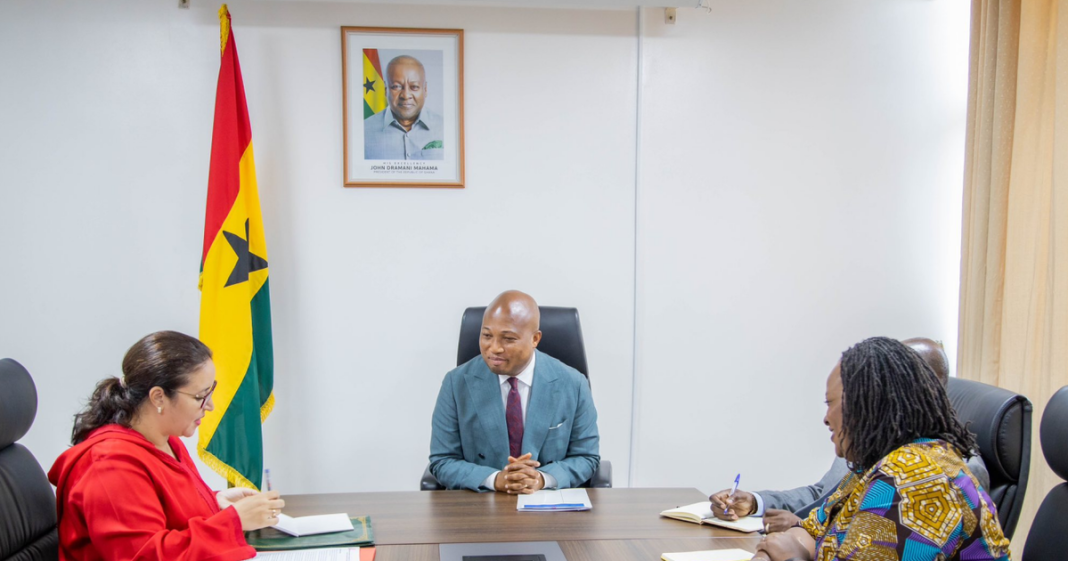Similar to the United Kingdom, Ghana stated on Thursday that the Moroccan autonomy plan is the sole basis for settling the Western Sahara dispute within the framework of the UN.
Ghana considers the autonomy plan “as the only realistic and sustainable basis to a mutually agreed solution to the issue,” said a joint statement issued after talks between Ghana’s foreign minister, Samuel Okudzeto Ablakwa, and his Moroccan counterpart, Nasser Bourita, in Rabat.
These exact words mirror the declaration of the UK’s Foreign Secretary, David Lammy, who noted that backing Morocco was the “most credible and viable and pragmatic basis” to resolve the half-century dispute over Western Sahara between its neighbours, and other players.
Moreover, Ghana and Morocco decided to advance defense cooperation and negotiate a visa waiver agreement, as reported by Reuters.
Algeria’s conflict with Morocco over Western Sahara
The struggle over Western Sahara is one of Africa’s most protracted and complicated territorial disputes.
At the heart of this conflict are two crucial North African states: Morocco and Algeria, both of which play important but varied roles in the region’s future.
While Morocco claims sovereignty over Western Sahara, Algeria supports the region’s right to self-determination by supporting the Polisario Front, which seeks independence for the Sahrawi people.
This has resulted in decades of diplomatic deadlock and occasional flare-ups in regional tensions.
Algeria does not claim Western Sahara as its own, but is a major supporter of the Polisario Front, which seeks full independence for the territory.
On the other hand, Morocco sees Western Sahara as an important part of its territory. After Spain, the former colonial authority, left the territory in 1975, Morocco tried to seize it.
In recent years, Morocco has won international backing for its Autonomy Plan, which calls for limited self-government in Western Sahara under Moroccan sovereignty.
Countries such as France have been vocal about supporting Morocco, which has deteriorated its relationship with Algeria.
France and Algeria
This, as expected, did not bode well with the Algerian side, as they immediately moved to take action against France.
In the same month, Algerian President Abdelmadjid Tebboune spoke firmly against the long-term impacts of France’s colonial rule.
Subsequently, pro-regime Algerian influencers were seized by French police on charges of inciting violence against Algerian rebels.
